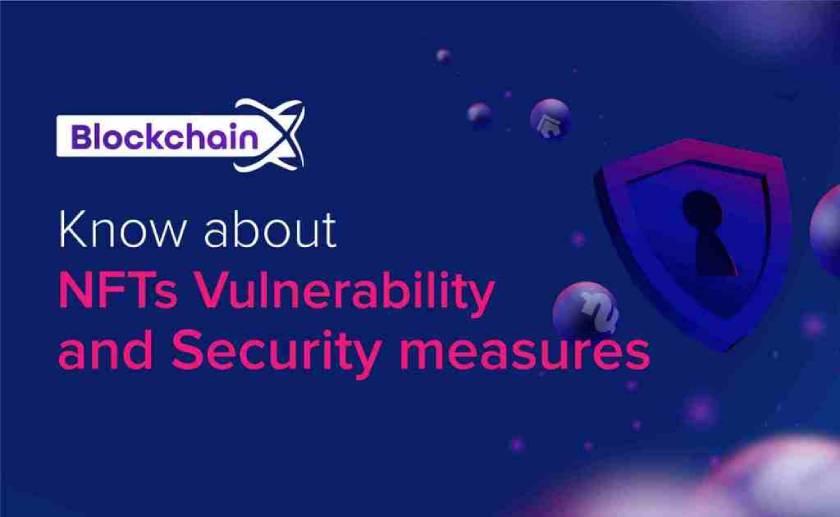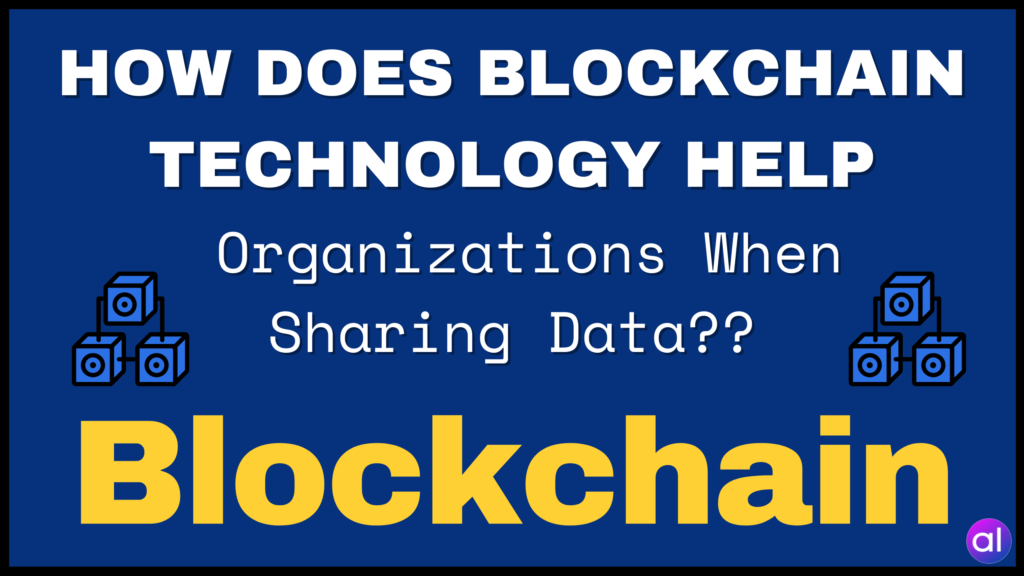
NFTs, or non-fungible tokens, have gained significant attention from consumers and businesses worldwide. Despite their rapid rise in popularity, NFTs come with notable security risks, making it a crucial aspect of the business. These digital assets are part of a high-value blockchain network that can potentially introduce new security threats.
NFTs operate in an industry with minimal regulations and oversight, creating a breeding ground for threat actors to exploit legal loopholes. Whether you currently own NFTs or are considering purchasing them, it’s essential to be aware of the vulnerabilities and take necessary steps to secure your investments.
What is NFT?
NFT stands for non-fungible tokens, which are unique assets in the cryptocurrency world. These tokens represent ownership of digital or physical assets, such as artwork or virtual avatars. While NFTs offer new opportunities for trading and liquidity, they also expose users to security risks inherent in any financial technology involving money and technology.
How Secure are NFTs?
The increasing popularity of NFTs has sparked discussions about their security. Due to the novelty of the technology, the level of security in NFTs is not foolproof, leaving property investors vulnerable to various risks. Scams, in particular, pose a significant threat to NFT holders, as malicious actors target platforms and users to steal valuable data and assets.
NFT security heavily relies on the secure storage of private keys by centralized platforms. Users must also take precautions to protect their passwords and sensitive information to prevent unauthorized access to their non-fungible tokens. Additionally, the storage and accessibility of NFT files pose challenges, as platforms can restrict user access to purchased assets.
What are the key NFT vulnerabilities?
Blockchain technology underlying NFTs is not immune to phishing attacks, emphasizing the importance of implementing robust security measures in NFT marketplaces. Smart contract vulnerabilities, marketplace security risks, cybersecurity issues, and authentication concerns are key vulnerabilities that require attention to safeguard NFT assets.
The Most Effective measures to protect NFTs
Both NFT projects and marketplaces must prioritize security measures to protect users and assets. Educating users on security best practices, conducting smart contract audits, adhering to decentralization principles, and addressing legal considerations are crucial steps to enhance NFT security.
Legal Considerations to take into account
Developing an NFT marketplace requires addressing not only security vulnerabilities but also legal concerns. Company formation, platform terms of service, intellectual property protection, and data privacy are essential aspects that must be carefully considered to ensure legal compliance and user trust.
To End things off
As NFTs continue to gain popularity, marketplaces must prioritize technical security and user awareness to mitigate risks. Future NFT marketplaces will need to focus on protecting creators, verifying asset authenticity, and upholding decentralization principles to build trust and ensure a secure environment for all participants.
If you are involved in an NFT marketplace or planning to launch one, following these guidelines can help you strengthen security measures and create a resilient platform for NFT trading.



